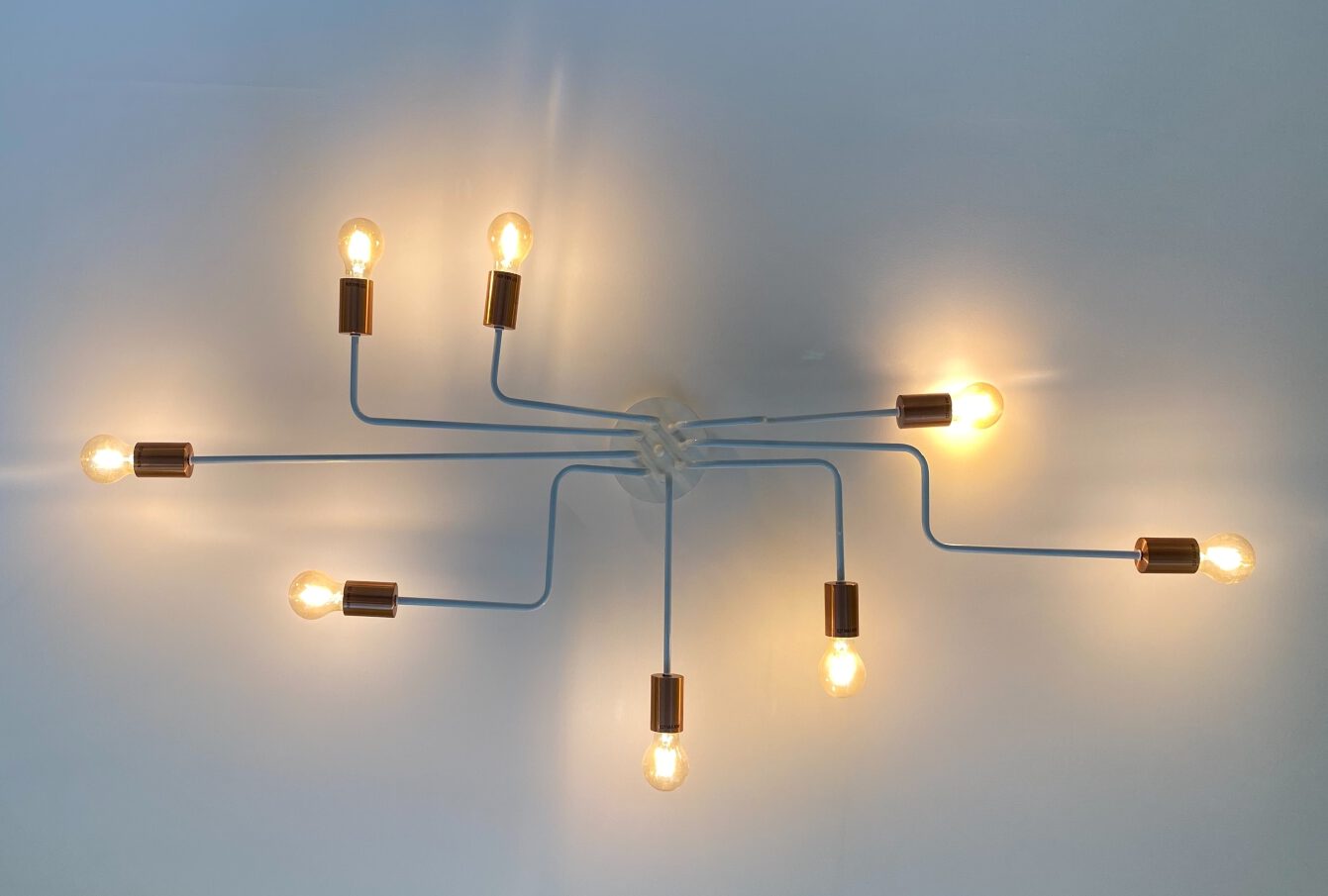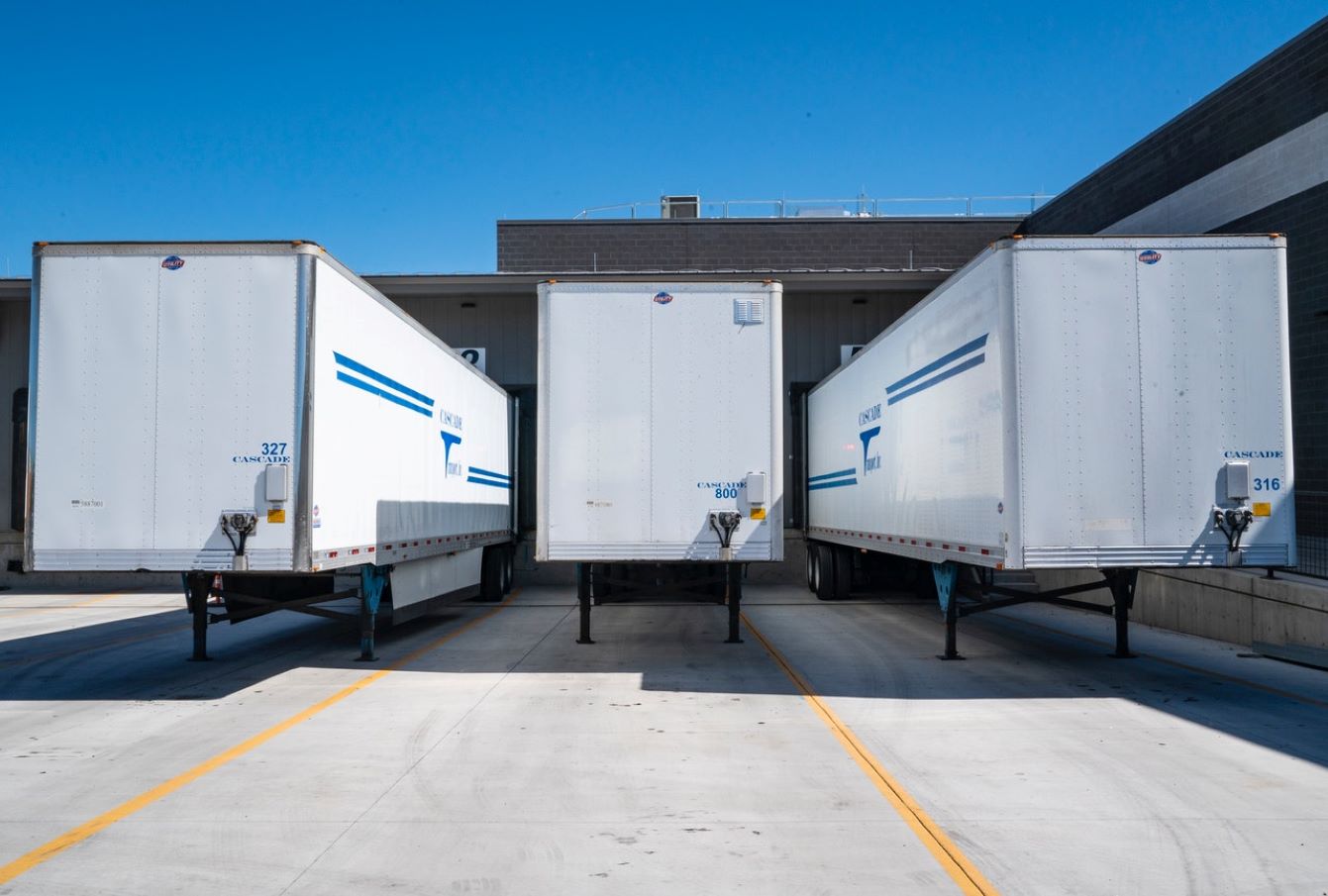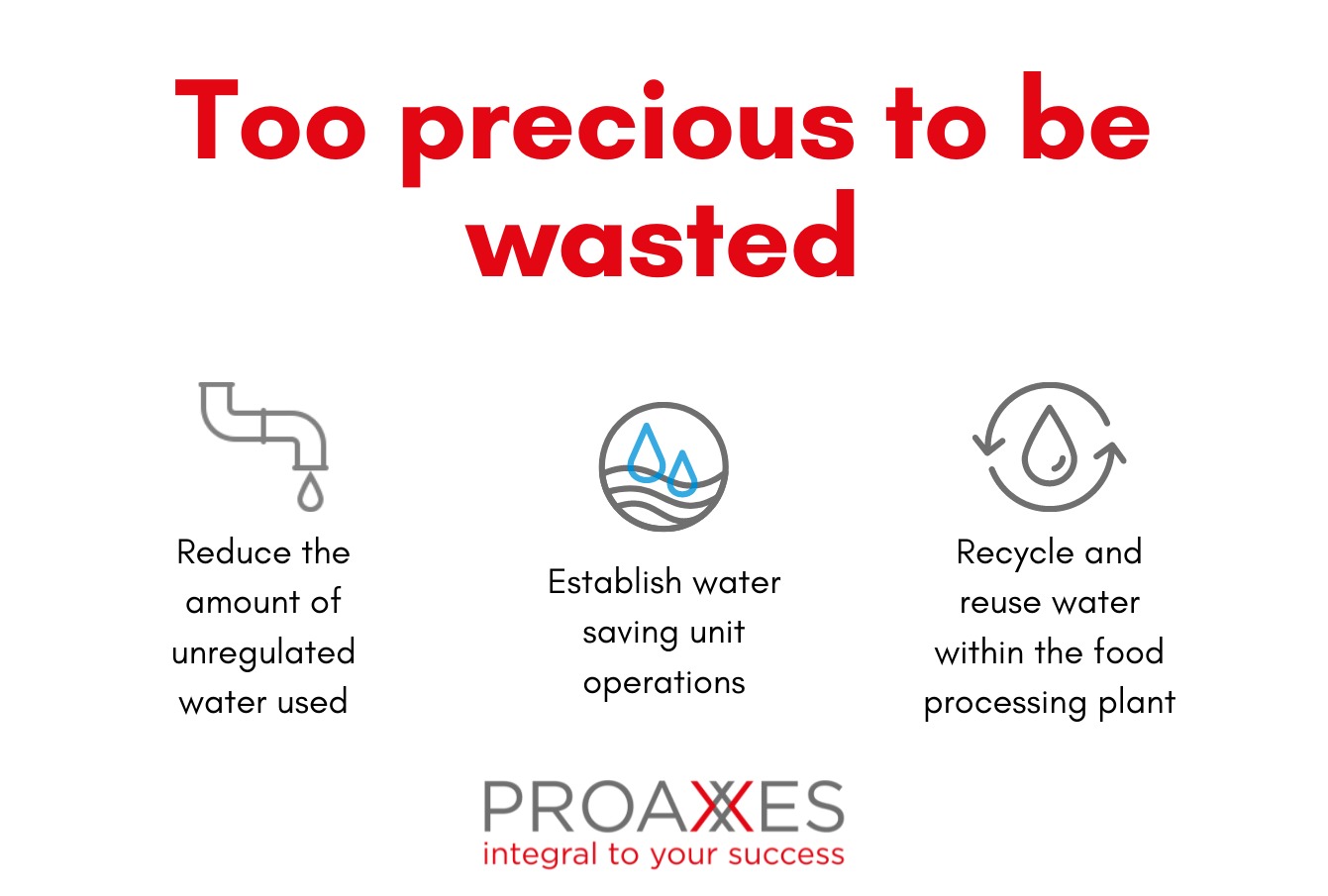 What happens to Agri-Food Wastes and By-Products in Italy?
What happens to Agri-Food Wastes and By-Products in Italy?
The cases of virtuous companies that phased out the concept of Agri-Food Waste, contributing to a more sustainable production.
Tomato peels, corn leaves, misshapen seeds and chickpeas, fruit kernels, cores, citrus “pastazzo” and by-products of slaughter. Those are just some of the precious Agri-Food “wastes” that Italian companies have successfully reintroduced into the “circle”, giving them a second life.
To begin with, the historical company Mutti, a leader in processing tomatoes, recovers and recycles 81% of the fresh raw material not suitable for processing. Mutti then allocates them to breeding farms or biogas plants.
In addition, Loacker, specialized in chocolate and confectionery, converts the shells of hazelnuts, their main ingredient to produce the wafers, into heating fuel.
Another virtuous example is La Doria, the leading European producer of preserved legumes and tomato pulp. Each year La Doria reintroduces 6,600 tonnes of tomato and fruit waste as fertilizers and animal feed.
Furthermore, Conserve Italia recovers over 50,000 tonnes of by-products every year among fruit processing residues, tomatoes, legumes, and sweetcorn. The residues will become fertilizer or organic material for aerobic or anaerobic digestion.
The leading company Amadori, specialized in the poultry sector, reintroduces the by-products of slaughter as raw material for pet food. The fat, recovered and converted into biofuel, is then used in aquaculture.
Amadori manages to reuse even the residual organic matter deriving from the washing processes of the production areas: through filtration processes, it is separated from the water, then purified and reused for other purposes. At the end of the process, it becomes organic material destined for anaerobic biodigestion plants, transforming it into biogas and, therefore, 100% green energy.
These are just some of the Italian companies working on circular approaches for their by-products.
The valorisation of food processing by-products and waste-streams hence represents both an opportunity and a necessity.
Contact us for more information about Agri-Food waste in Italy!





